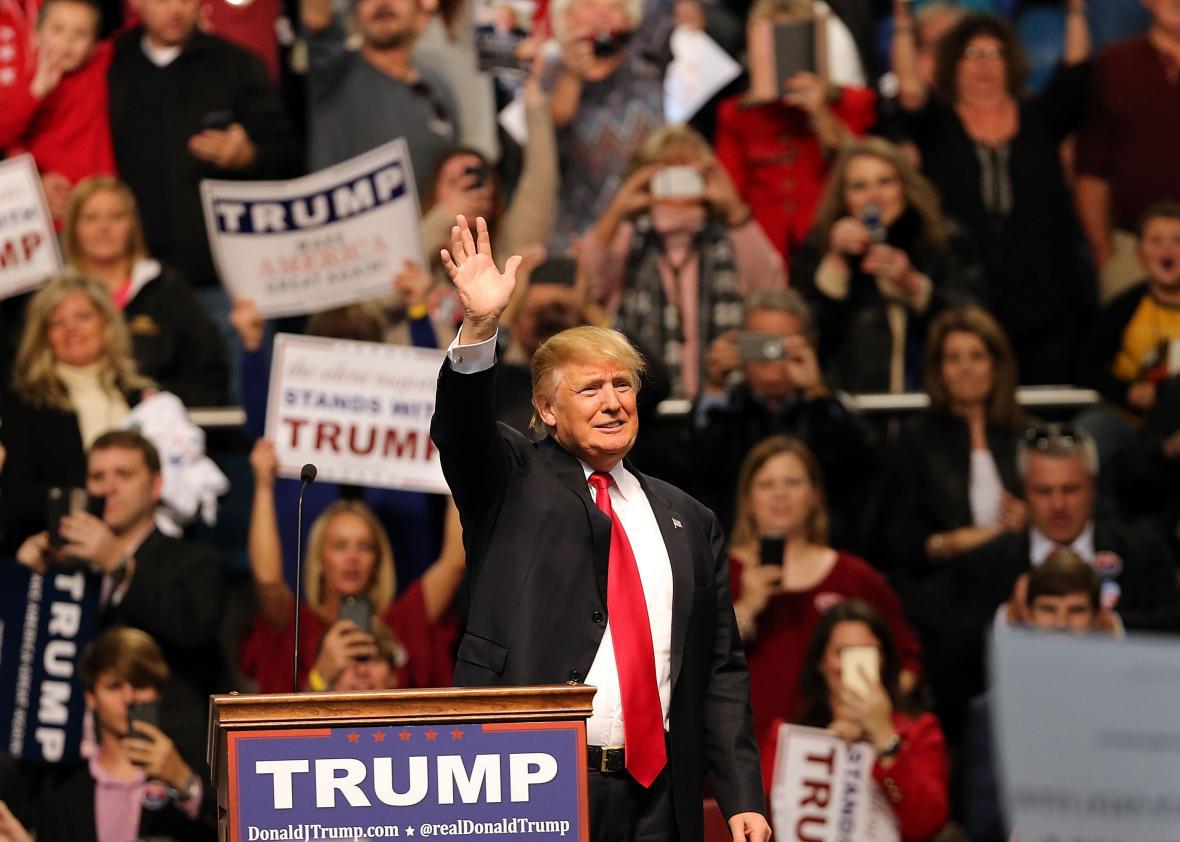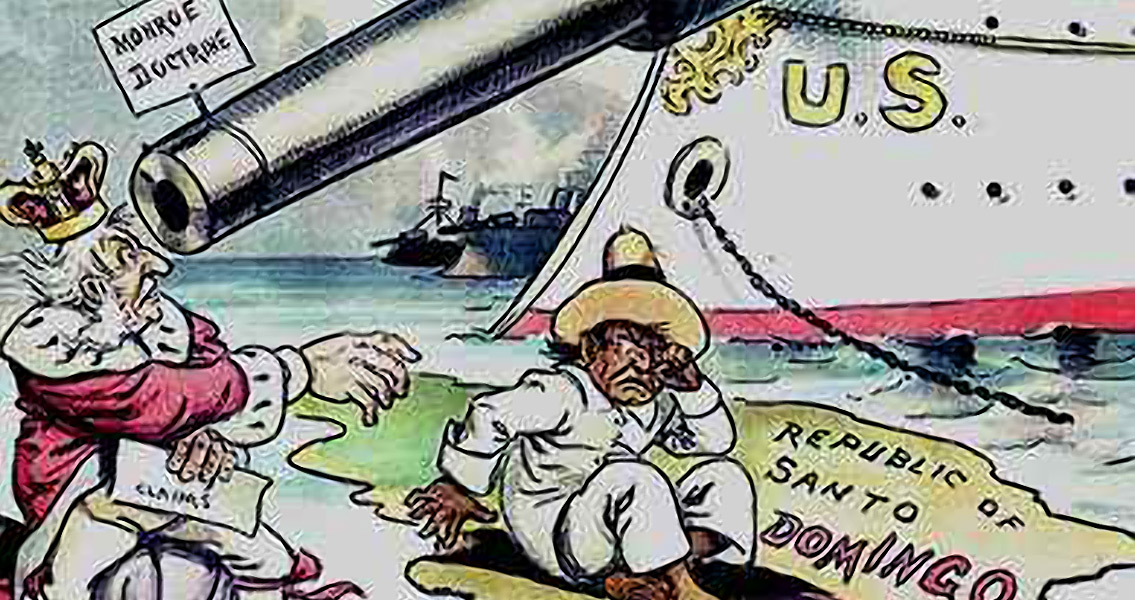Preamble: The Populists give an inflamed introduction to their beliefs, primarily emphasizing how they pledge to correct two primary evils: the broad degeneration of society to build up the few wealthy bond-holders, and the faults of a solely gold-based currency.
Platform:
-Labor unions will be permanently supported
-Wealth belongs to the laborer who earned it
-The government will start managing railroads
-Any land held unnecessarily by railroads or by aliens be reclaimed for use by legitimate settlers
Finance:
-Unlimited coinage of silver in addition to gold
-A graduated income tax
-Money remains in public circulation, with the government taking only what it needs
-Savings banks be established by the government for public deposits
Resolutions:
-Support ex-Union soldier pensions
-Sympathize with the working man for shorter hours
-Provide for the direct election of senators
-Support the income tax to reduce tax strains on domestic industries


Donald Trump can be considered a populist candidate because his campaign appealed to the poor farmers of America, promising tax cuts, lower unemployment, and secure borders. This was designed to aid blue collar America by giving the poor working class greater opportunity and less competition from foreigners.










